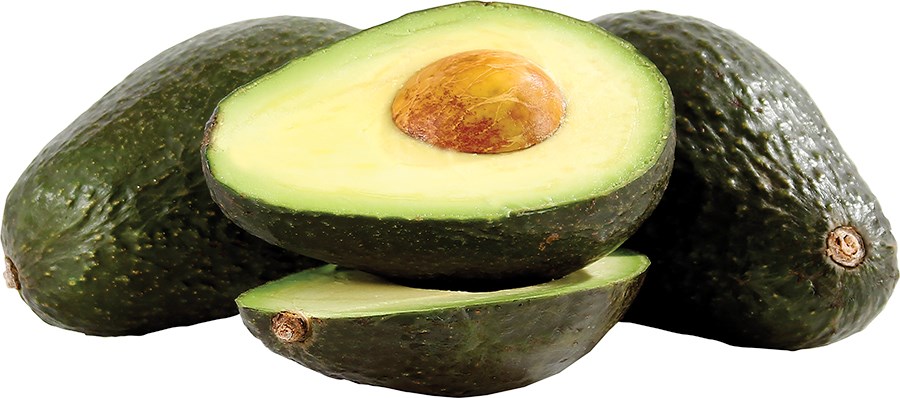Avocados have been expensive for a while. And if you expect them to fall in price, you’ll need to wait a while longer.
Typically, most Canadians expect to pay $1 per unit. But in the last few months, it’s almost impossible to find them below $2 apiece.
And if you do buy an avocado, it will likely be smaller, darker and much less appetizing.
The same price jump has happened in the United States due to rising trade and border tensions between the U.S. and Mexico.
The production of California avocados was down last year due to dry weather. Yields were much lower, and that forced United States and Canadian buyers to go elsewhere for avocados.
And since July is a low point for Mexico’s production cycle for avocados, prices won’t drop any time soon.
In Canada, 95 per cent of all avocados come from Mexico, which produces 34 per cent of the world’s supply of avocados.
Adding pressure on avocado prices is the fruit’s popularity. Avocados are in high demand. Canadians spend almost $300 million a year on avocados.
In an era where new diets quickly become mainstream, avocados are often favoured over other commodities. Vegans and vegetarians stay away from meat products. Ketogenic fans stay away from bread, potatoes and many other products. Avocados don’t seem to be on any ban lists.
Greater awareness of healthy eating practices is also a driving force, headed by guacamole’s increasing popularity.
In addition, improvements have been made in the supply chain in areas such as ripening and grading. That has helped make avocados more attractive to an increasingly demanding consumer. Avocados on toast is more fashionable than ever.
So over the last few years, the quality of avocados delivered to Canada has improved vastly – until now.
The food service industry is trying to cope with high prices by using fewer avocados for guacamole and salads. Some opt to serve a substitute. Some use cheaper ingredients like edamame, broccoli, green peas or even asparagus instead of avocados to make guacamole. Whether restaurants are telling the consumer about these subtle changes is another matter. Nevertheless, many are changing their recipes.
On the supply side, the avocado market is unique.
Without a futures contract, the market can be relatively opaque. For any commodity, farmers are typically price takers. But the avocado industry is secretive and imperviousness, and that makes farmers even more vulnerable. Transactions aren’t as transparent as in other sectors, such as livestock, wheat, barley or rice.
��
According to some reports, avocado farmers in Mexico have had land seized by cartels and drug lords. It’s also been suggested that avocado marketing boards are managed like unregulated cartels.
The crop’s reputation is tainted by violence and corruption, causing some restaurants to cease serving avocados. Some even call products coming from Mexico “bloody avocados.”
That’s not the best image if growing your international market is a priority.
But it’s easy to see how the market for avocados will continue to expand. And Mexico will no doubt have more competition from emerging producers such as China, Australia and elsewhere that could supply Canada with a more socially-acceptable product.
With more segmentation, innovation, expansion and new styles of merchandising, growth can easily be attained for avocados. If someone can bring a seedless avocado to Canada, for example, consumers will likely return the favour by buying more of the green stuff.
And the good news for avocado lovers in Canada is that prices are expected to fall by October as Mexico ramps its production back up. Until then, hold on to your guacamole!
Dr. Sylvain Charlebois is senior director of the agri-food analytics lab and a professor in food distribution and policy at Dalhousie University, and a senior fellow with the .
www.troymedia.com




